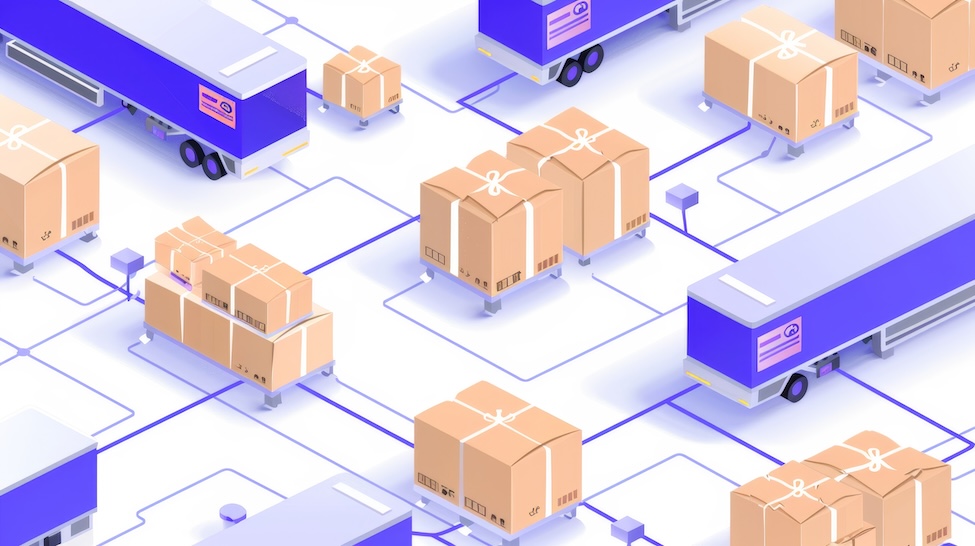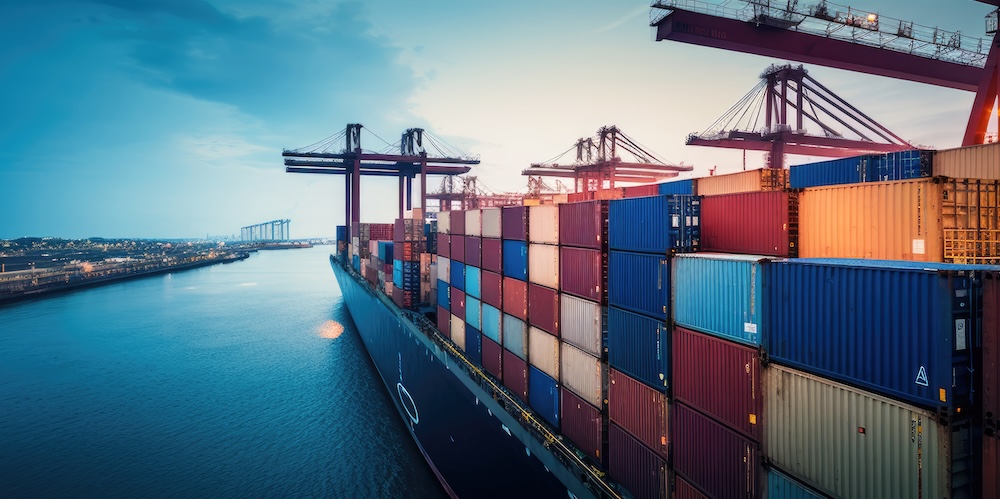How the Rise of Fuel Surcharge Rates Impacts Logistics and Freight Shipping

Did you know that gas costs almost 60% more now than it did last year? As the trucking industry rebounds during record-breaking fuel price hikes, fuel surcharges are on the rise too. If you are a tactical or strategic level manager, it is important that you understand the relationship between fuel surcharge rates and your logistics operation.
The following is a look at how fuel surcharge rates may impact industries, including logistics and transportation, and what you as a tactical manager can do to combat the increasing complexity of fuel surcharge calculations.
Rising Fuel Surcharge Rates Overview
When you order goods by the truckload, fuel surcharges may cost you a little extra per shipment depending on the rate you end up paying. Adding this extra to your LTL or truckload rates isn’t an unnecessary practice on the part of the shipping company. Rate increases are also not driven by the companies but by the external economy they operate in.
What Fuel Surcharges and Rates Are For
Charging a fuel surcharge on a delivery order ensures that the delivery company doesn’t run a loss on fuel if the fuel price suddenly spikes. In normal times fuel prices can spike by $0.10 in a week. But right now, they can jump by a lot more.
If the company only billed you for $4 a gallon and the price jumped to $5 before they had to deliver, then they lose a dollar for every gallon billed on the original truckload rate. However, they can absorb the new expense if they charged an extra 30% ($1.37) per gallon. This price stabilization helps keep shipping companies operating.
Why Fuel Surcharge Rates May Rise
If the fuel price becomes more volatile, then it can jump higher between order and fulfillment. If there’s a chance that the fuel price can increase by more, then the shipping company will have to charge a higher rate to mitigate the potential risk.
Affects On Logistics and Prices
You can calculate the effect a rate increase will have on your firm’s truckload freight rates by using a surcharge rate calculator. Rising fuel surcharge rates will have the immediate effect of higher full truckload rates.
Since surcharging isn’t mandated, companies can opt not to charge or change the rate. Those companies will see their margins affected.
Logistics firms that offer warehousing services may see an increase in business. If shipping costs more, then retailers may choose to store more goods in bulk for longer (if possible). Most freight companies can expect to see customers change to the most affordable freight shipping method.
Logistics companies on the verge of losing customers may lose business as customers flock to cheaper logistics firms. This, however, can be mitigated. All your company needs to do is embrace innovative logistics financing solutions.
Affects On Retailers
Logistics companies are fortunate enough to be able to pass on rising transport costs to the end buyers. If you’re a retailer, paying higher full truckload shipping rates will mean that you either have to absorb the extra expense and make less profit or increase the prices you charge your customers. Ultimately it’s the consumers who end up paying if the entire economy’s surcharge rates climb.
Tighten Up Your Logistics Today
The real danger to the logistics and transport industries is that rising fuel surcharge rates can make shipping companies less competitive. Rising surcharge rates are not a death sentence, though. You can keep your firm competitive through innovative financing and logistics management solutions.
Do you want agile and affordable logistics management? Contact us and let us help you navigate rising rates. We can handle transport, warehousing, delivery, and more.
Related Articles
General
Inbound Logistics Explained: Processes, Benefits & Best Practices

Efficiency is the cornerstone of business success in today’s competitive environment. Inbound logistics, a critical component of supply chain management, plays a pivotal role in determining a company’s operational effectiveness and overall performance. Inbound logistics encompasses the processes involved in receiving, storing, and distributing raw materials, components, or finished goods from suppliers to production facilities […]
Read MoreGeneral
Freight Shipping vs. Standard Shipping: Understanding the Difference

Freight shipping stands as a cornerstone of modern logistics, propelling the global economy forward through the efficient movement of goods. This essential component of commerce encompasses the transportation of large quantities of products, distinguishing itself from standard shipping methods in scale, complexity, and significance. Understanding freight shipping is essential for business owners aiming to optimize […]
Read More
